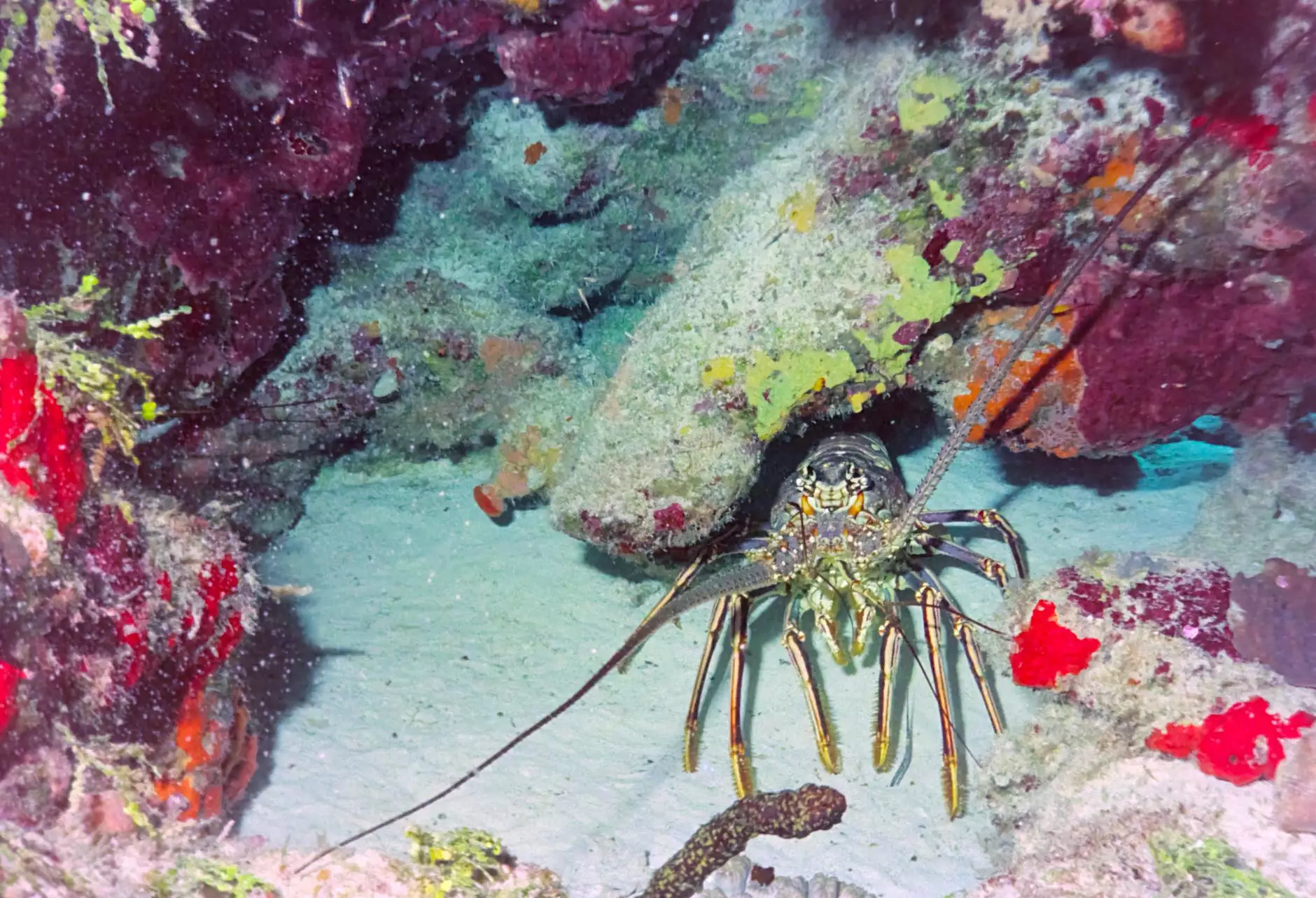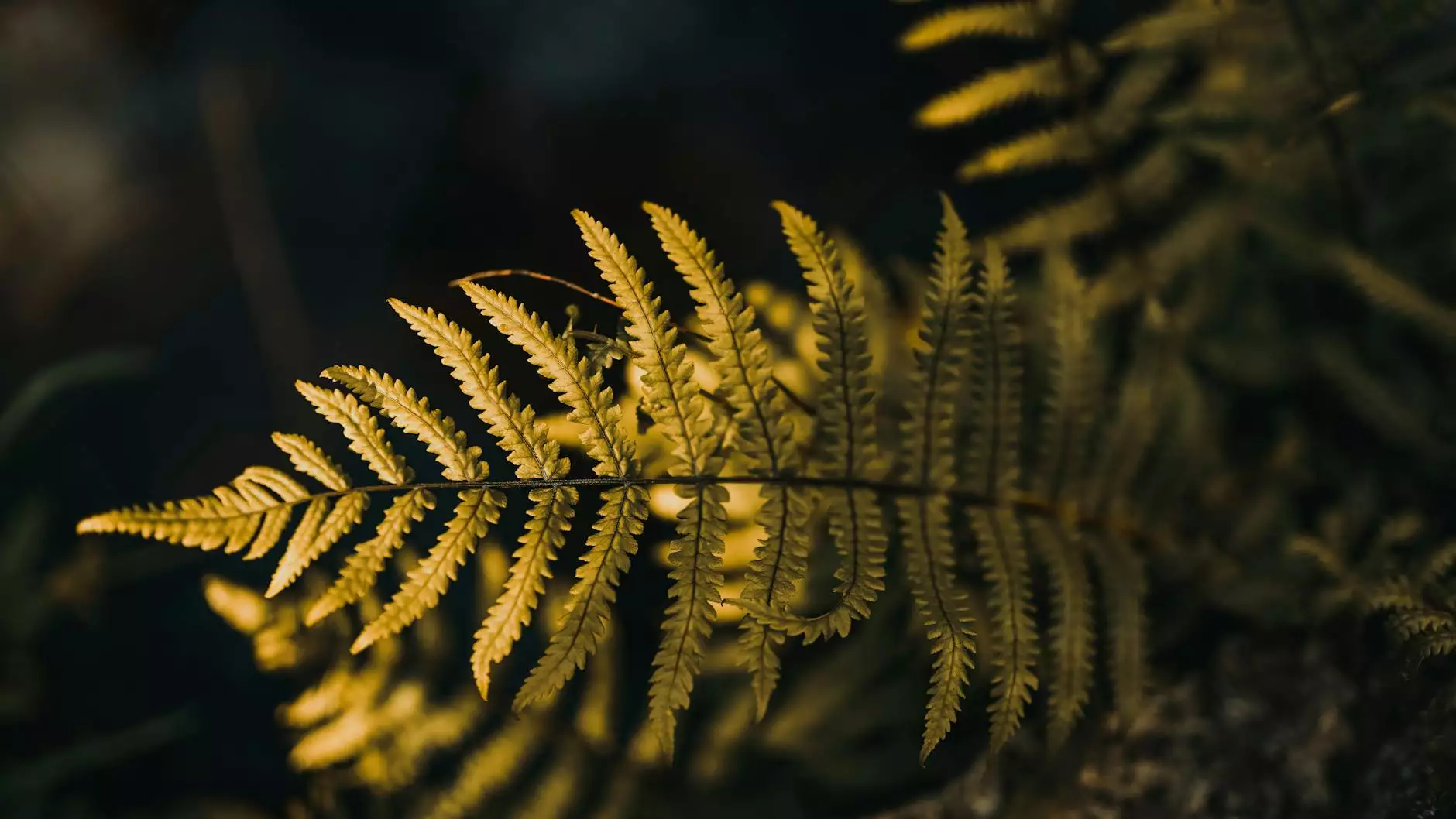Do Lobsters Die of Old Age? A Comprehensive Exploration

Lobsters have long captivated the imagination of seafood lovers and curious minds alike. Their unique biology and culinary appeal beg the question: do lobsters die of old age? In this extensive article, we will delve into the life cycle of lobsters, their aging process, and the various factors that contribute to their mortality.
Understanding the Lifespan of Lobsters
Lobsters belong to the family Nephropidae, which includes several species. The most commonly consumed species is the American lobster, Homarus americanus. These remarkable creatures can live for several decades, and some experts believe they can live well over a century under the right environmental conditions.
The Biology of Lobster Growth
Unlike many organisms, lobsters experience a form of biological immortality known as indeterminate growth. This means that they continue to grow throughout their lives, molting their exoskeletons multiple times. Each molt is significant, as it allows the lobster to not only grow larger but also to perhaps rejuvenate its tissues.
- Molting Frequency: Young lobsters may molt as often as every few weeks, while older lobsters might molt only once a year or even less frequently.
- Health and Growth: Molting is a stressful process; a lobster must be in good health to successfully shed its shell and grow.
- Environmental Impact: Factors such as temperature, food availability, and habitat can greatly influence how often a lobster molts.
Do Lobsters Die of Old Age? Myths and Facts
The direct answer to the question "do lobsters die of old age?" is complex. While lobsters can live for many years and exhibit signs of aging, their death is often caused by factors other than old age itself.
Research shows that lobsters do not age in the conventional sense. Instead, they can continue to grow and reproduce for much of their lives. Factors that limit their lifespan include:
- Predation: In the wild, lobsters are preyed upon by various marine animals, including fish and larger lobsters.
- Disease: Older lobsters may also become more susceptible to diseases and infections, which can hasten their demise.
- Molting Complications: As lobsters age, they encounter challenges during the molting process, and any failure to molt properly can lead to death.
- Environmental Stressors: Changes in water temperature, pollution, and habitat destruction can significantly impact lobster survival rates.
The Science of Lobster Aging
Telomeres, the protective caps on the ends of chromosomes, play a critical role in aging. As cells divide, telomeres shorten, leading to cellular aging and death. Interestingly, lobsters possess an enzyme called telomerase that maintains telomere length, giving them potential regenerative capabilities throughout their lives.
The Role of Lobsters in Ecosystems and Their Importance in Culinary Arts
Lobsters serve as crucial components of marine ecosystems. They contribute to the food chain and help maintain the health of ocean environments. Their popularity in restaurants worldwide underscores their culinary significance.
The Culinary Appeal of Lobster
In the world of fine dining, lobsters are a symbol of luxury and indulgence. Chefs creatively prepare lobsters in various dishes, ranging from:
- Classic Lobster Rolls: Fresh lobster meat served in a buttery roll, often with mayo and seasoning.
- Lobster Bisque: A creamy soup made from lobster stock, known for its rich flavor.
- Grilled Lobster Tails: Lobster tails grilled to perfection, often served with garlic butter.
Sustainability Concerns in Lobster Fishing
While lobsters have significant economic value, concerns about sustainability in the fishing industry are growing. Overfishing and habitat destruction can have detrimental impacts on lobster populations. As responsible consumers, it is crucial to support fisheries that adhere to sustainable practices.
Conclusion: The Legacy of Lobsters
In summary, while the question "do lobsters die of old age?" may not have a straightforward answer, the intricate biology of lobsters highlights their remarkable lives. Their potential for longevity and the reasons for their mortality provide valuable insights not only for marine biology but also for the culinary industry.
As we continue to explore the fascinating world of lobsters, it is essential to advocate for sustainability and responsible practices to ensure that future generations can enjoy these incredible crustaceans. Understanding the complexities of their lifespans may lead to better conservation and culinary practices, fostering a greater respect for these ocean dwellers.
To learn more about lobster and explore the delicacies of the sea, visit elifeforum.com. Dive into a world where culinary arts and marine biology intertwine, celebrating the rich bounty of the ocean.









